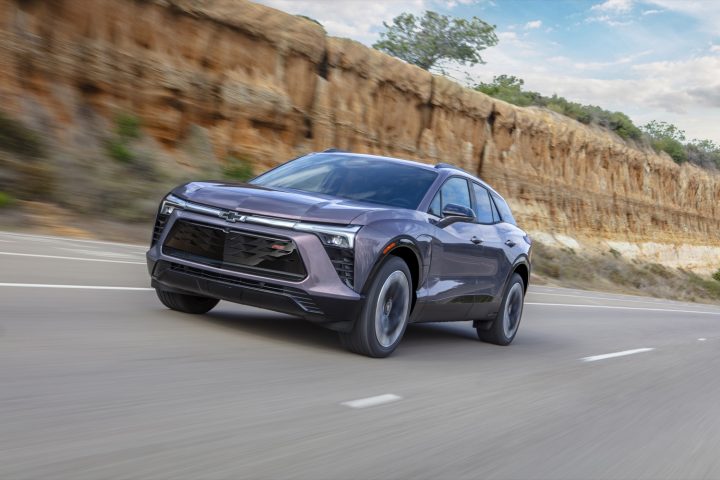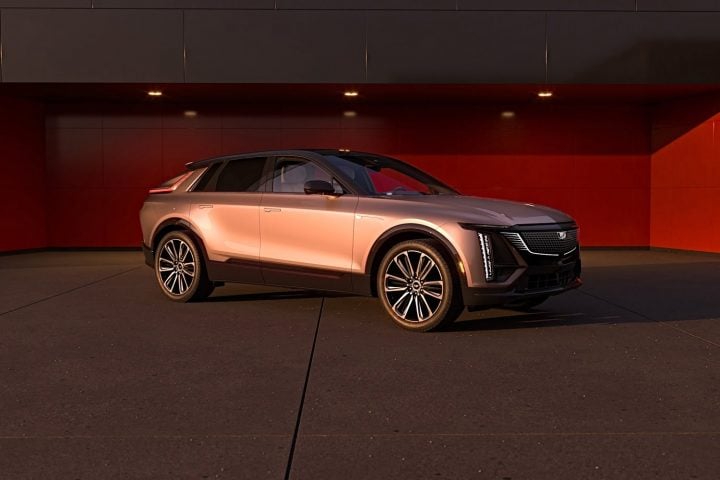
Sponsored Links
One of the many factors that electric vehicle buyers might take into consideration before purchasing a vehicle is the U.S. EV tax credit, and how much of that incentive each respective all-electric vehicle qualifies for. A few General Motors products – including the Chevy Blazer EV and Cadillac Lyriq – have qualified for the full tax credit, until now.
According to a report from Reuters, both all-electric crossovers will temporarily lose the full $7,500 U.S. tax credit at the turn of the new year, at which point only the Chevy Bolt EV and Chevy Bolt EUV would qualify.
“Treasury proposed strict rules disqualifying all EVs with certain foreign battery content including low-value components, which effectively means most EVs will not be eligible beginning on January 1st,” a spokesperson from General Motors stated.
The Detroit-based automaker went on to explain that the Blazer EV and Lyriq are losing the incentive due to two minor components, and that it has pulled ahead sourcing parts for qualifying components in early 2024. To that point, GM expects the two electric crossovers to regain eligibility by early 2024.
As a reminder, the U.S. Treasury Department and U.S. Department of Energy recently offered new guidance on the restrictions surrounding the EV tax credit. This new interpretation of the incentive will end up reducing the number of electric vehicles currently eligible, as evidenced above.
More specifically, the updated guidance indicates that electric vehicles with battery components sourced from foreign entities of concern (FEOC) – referring mostly to at least four geopolitical rivals of the U.S., like China, Russia, North Korea and Iran – will not qualify for the full EV tax credit.
In addition, ownership of a raw material producer or battery component manufacturer is also covered by the rule, regardless of the supplier’s physical location.


